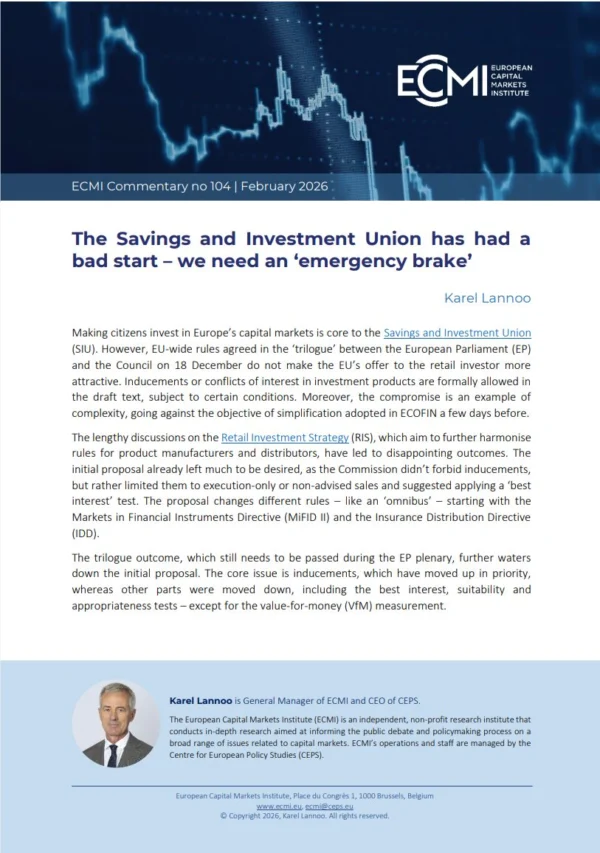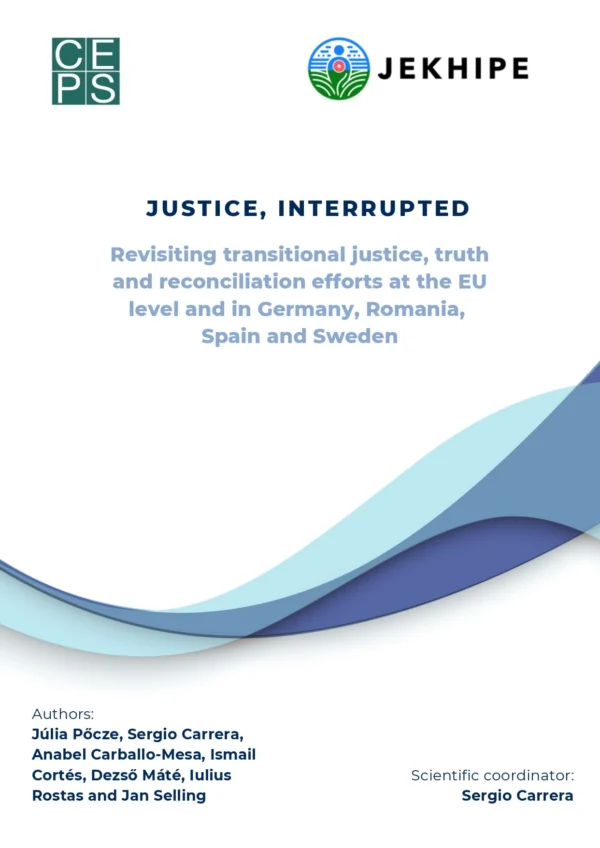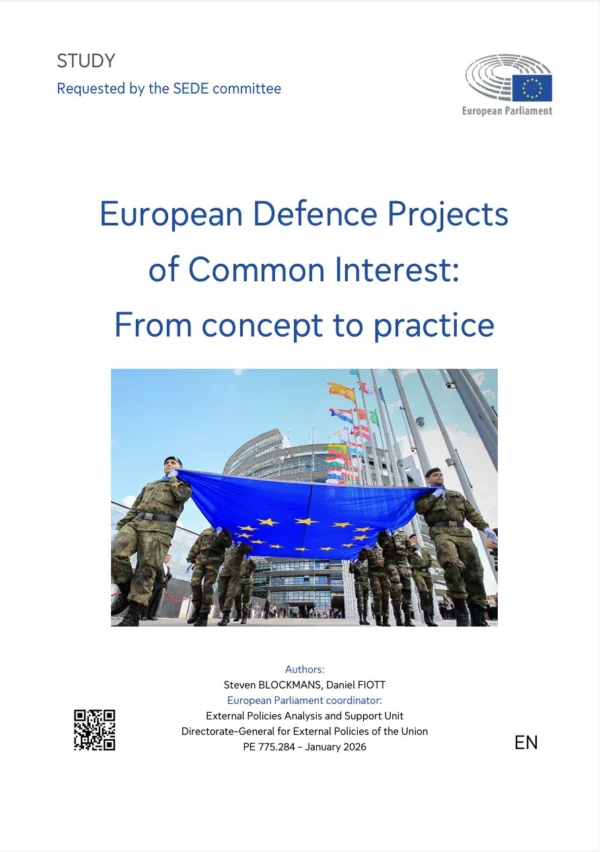The challenges facing Europe today cannot be addressed without putting into practice one of the main objectives pursued by member states when concluding the Treaty of Lisbon, argues the author of this paper; that objective being that the Union should be capable of acting as a strong and united player on the international scene, rather than as a more or less effective coordination platform for 28 international policies. Brexit and the new administration in Washington only reinforce this finding. To ensure that the Union can play this role, member states must, however, accept that the Union effectively exercises the competences that have been attributed to it.
This EPIN working paper offers a systematic analysis of the consequences that should be drawn from recent case law. Mostly, it seeks to identify possible avenues to allow legal disputes to be overcome, with a view to achieving the objectives that were pursued through the Treaty of Lisbon; in effect allowing member states to embrace their own Treaty. The author seeks to show that the conclusion of agreements by the Union alone (without ‘mixity’) neither leads to ‘uncontrolled power creep by Brussels’, nor to the disappearance of member states from the international scene.
Friedrich Erlbacher is a Legal Adviser in the European Commission’s Legal Service.
The European Policy Institutes Network (EPIN) is a network of think tanks and policy institutes that focuses on current EU political and policy debates. The views expressed here are attributable only to the author in a personal capacity and not to any of the institutions with which he is associated.












